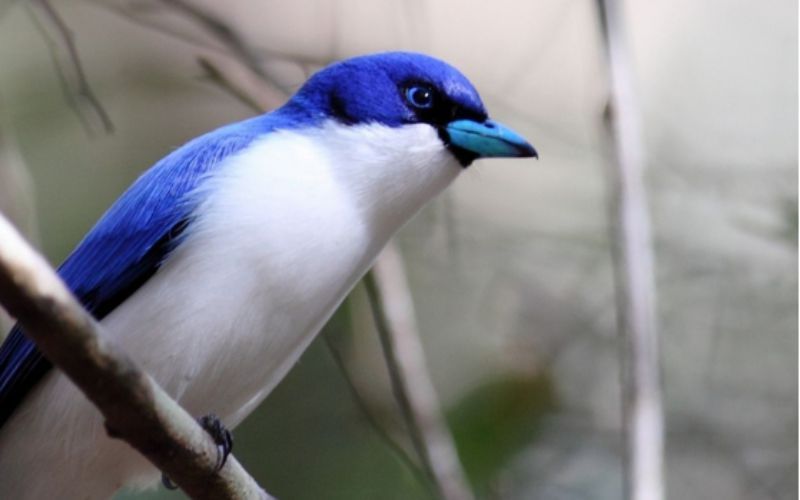
Conservation International, as a Global Environment Facility Partner Agency, signed a Financing Agreement for an endowment fund of USD 4,5 million in favour of the capital of the FAPBM. The annual revenues from this capital will provide sustainable financing to 5 protected areas in the Boeny region.
The 5 protected areas that will receive funding are: Ankarafantsika National Park (managed by Madagascar National Parks, MNP), the Bay of Baly National Park (managed by MNP), the Mahavavy Kinkony Complex (managed by Asity), the Antrema Biocultural Site (managed by the Museum National d’Histoire Naturelle, MNHN), and the Bombetoka Beloboka Site (managed by Development and Environmental Law Center, DELC).
Spanning over 580,000 hectares, these 5 protected areas of Boeny, given the diversity of their natural habitats (dry forests, lakes, mangrove swamps, Bismarkia savannah and marshes), are home to an outstanding biodiversity and offer ecosystemic services to the Region’s population. The rivers, for example, with their sources, irrigate the great rice fields of Marovoay and Mitsinjo plains.
Unfortunately, these refuges of biodiversity, upon which the local populations depend, are threatened by deforestation. Forest fires, slash and burn agriculture, conversion of land for farming, logging for charcoal production are threatening the integrity of these protected areas, and at the same time the survival of biodiversity and local communities.
Despite all efforts, these protected areas suffer from a lack of funding to properly undertake conservation activities (e.g. patrols, monitoring, awareness raising). At the same time, this lack of means limits the initiatives in favor of social alternatives for the populations, from which these pressures originate. This support from the Global Environment Facility will thus not only effectively preserve the unique biodiversity of the Boeny region, but also invest in sustainable livelihoods for the communities.
“We are grateful to Conservation International and the GEF for their generous donation, which enlightens the importance they attached to Madagascar’s biodiversity and protected areas. For the past 15 years, we have been dreaming of a greener Madagascar, and we are eager to preserve our unique biodiversity for future generations. We strive to ensure the sustainability of our funding. Today, thanks to this contribution, we are getting closer to that vision. Starting in 2022, the revenues from this endowment fund will finance the Boeny protected areas for approximately USD 130,000 per year, covering 50% of their recurring costs. “said Mr. Alain Liva Raharijaona, Executive Director of FAPBM. “But, well beyond conservation activities, this project takes into account communities and their livelihoods in its components, which are crucial to the resilience of our protected areas.”
About FAPBM
FAPBM is a Malagasy Trust Fund that provides an innovative mechanism for sustainable financing of protected areas in Madagascar. FAPBM currently finances 36 protected areas. Its capital is made up of contributions from contributors such as the Malagasy government, the French government, the World Bank, the Global Environment Facility, the Agence Française pour le Développement, the German KfW bank, WWF, and Conservation International.
About Conservation International
Conservation International works to protect the critical benefits that nature provides to people. Through science, partnerships and fieldwork, Conservation International is driving innovation and investments in nature-based solutions to the climate crisis, supporting protections for critical habitats, and fostering economic development that is grounded in the conservation of nature. Conservation International works in 30 countries around the world, empowering societies at all levels to create a cleaner, healthier and more sustainable planet.
www.conservationinternational.org
About Global Environment Facility
The Global Environment Facility (GEF) was established on the eve of the 1992 Rio Earth Summit to help tackle our planet’s most pressing environmental problems. Since then, the GEF has provided more than $21.1 billion in grants and mobilized an additional $114 billion in co-financing for more than 5,000 projects in 170 countries. Through its Small Grants Programs, the GEF has provided support to more than 25,000 civil society and community initiatives in 133 countries.




